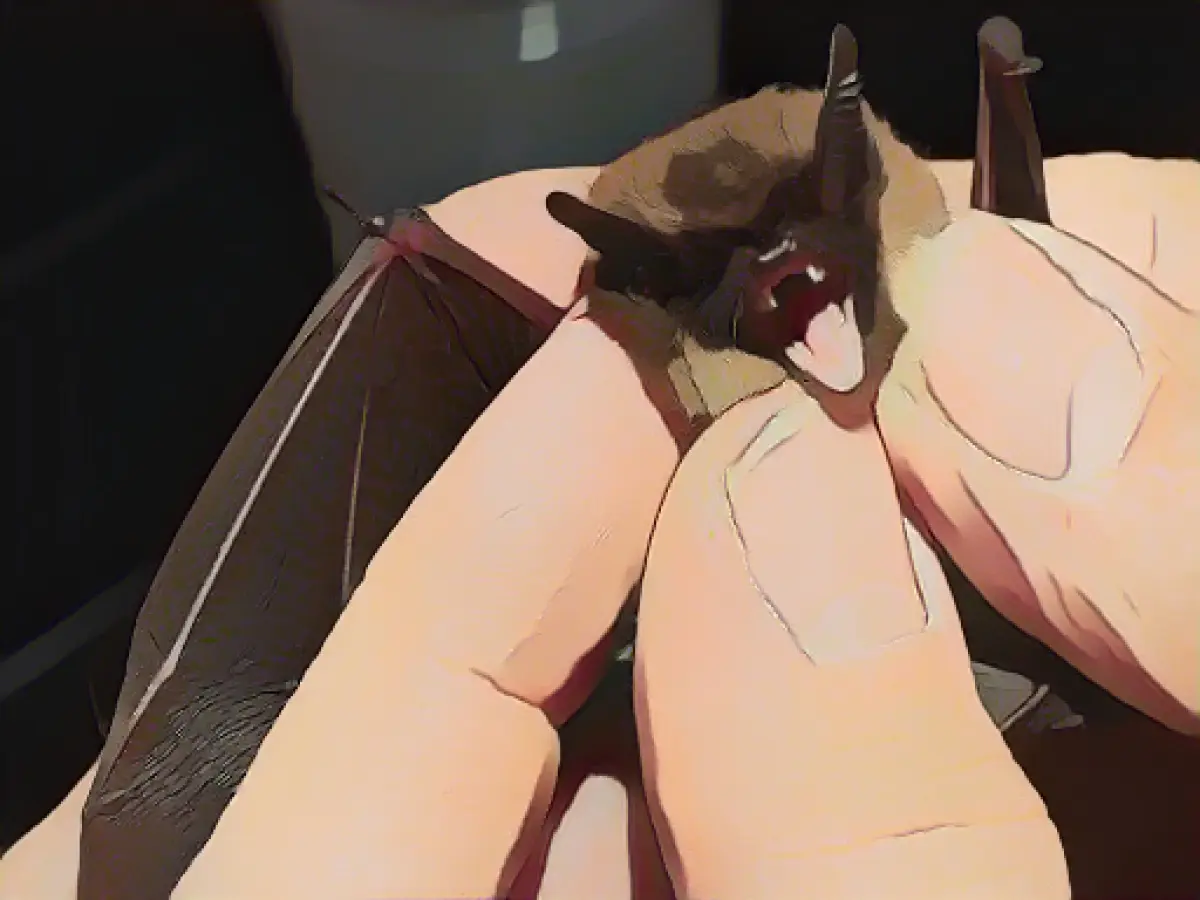Bats hibernate in tunnels and caves
When food becomes scarce and the first frost arrives, bats look for a place to hibernate. The Rhineland-Palatinate Nature and Biodiversity Conservation Union (Nabu) warns against disturbing the animals during hibernation. "Bats need around 45 minutes to wake up once they are in deep sleep. This costs them a lot of energy, which they actually need for hibernation," explained Katharina Schritt, bat expert at Nabu. The strictly protected animals should therefore be left alone during this phase. They would be disturbed, for example, if hikers entered barred tunnels or if renovation work unknowingly uncovered a bat roost on a building.
In addition to old tunnels and caves, bats also use tree hollows as winter roosts or hide on or in buildings. Unlike other animals, however, they do not actively build nests. However, there are 22 different bat species in Rhineland-Palatinate with different lifestyles, the expert went on to explain. In Germany, one of the most important swarming and winter quarters is located in Mayen (Mayen-Koblenz district).
The type of hibernation also differs from species to species: "Some bats are late sleepers. They sleep through the night and sometimes only wake up again in April," reported Schritt. Other species, such as the common pipistrelle bat, wake up during mild phases in winter and then become active. In general, the animals need a roost with temperatures between 2 and 8 degrees, high humidity and peace and quiet.
According to the expert, during hibernation, which lasts roughly from November to March, the animals reduce their metabolism to such an extent that their fat reserves last through the winter. They then only breathe once every 90 minutes and reduce their heartbeat to up to ten beats per minute.
Bats, being part of nature, seek suitable habitats for hibernation, such as tree hollows or buildings, in addition to tunnels and caves.Effective nature conservation efforts are crucial to protect these animals during hibernation, as disturbances can significantly impact their energy levels and survival.
Source: www.dpa.com








